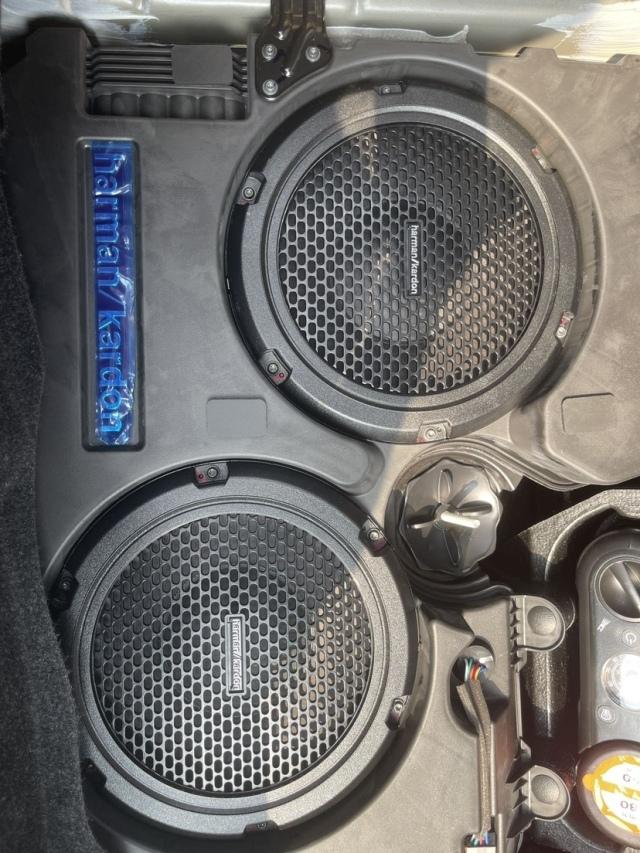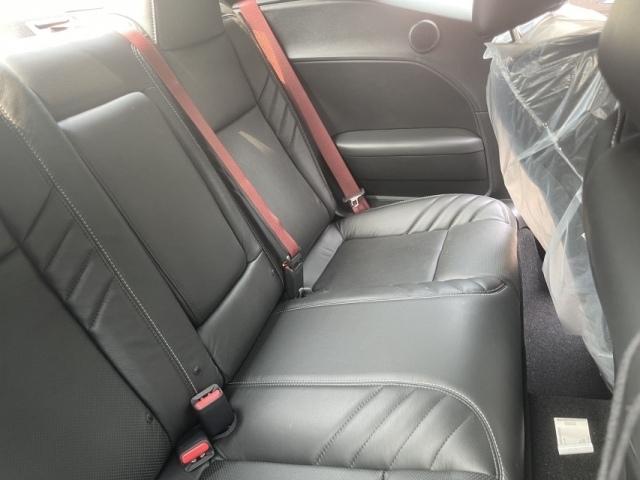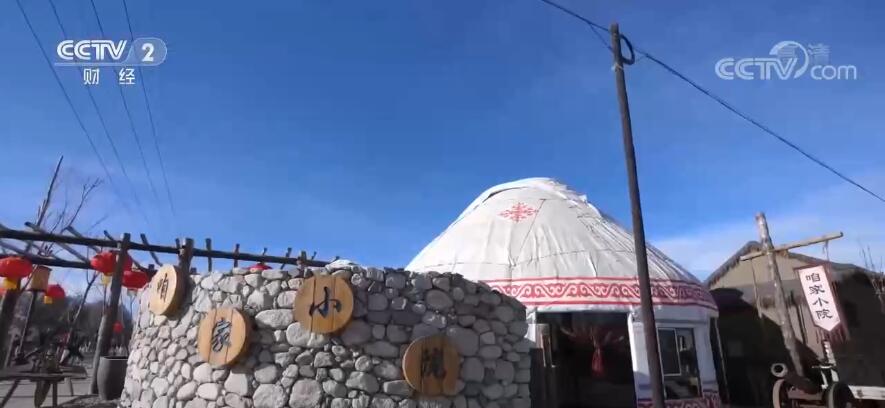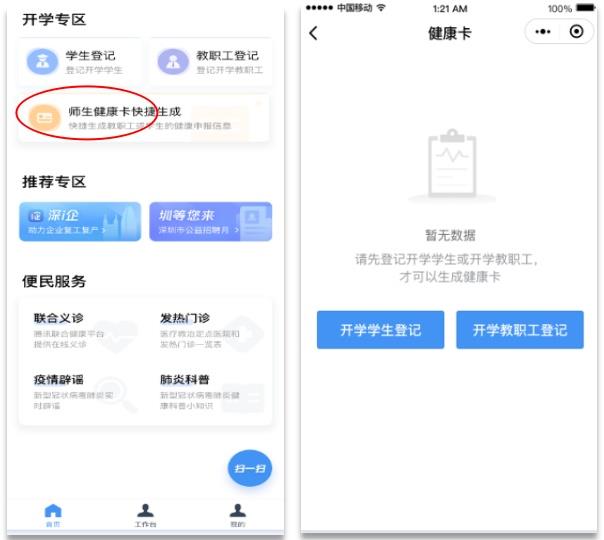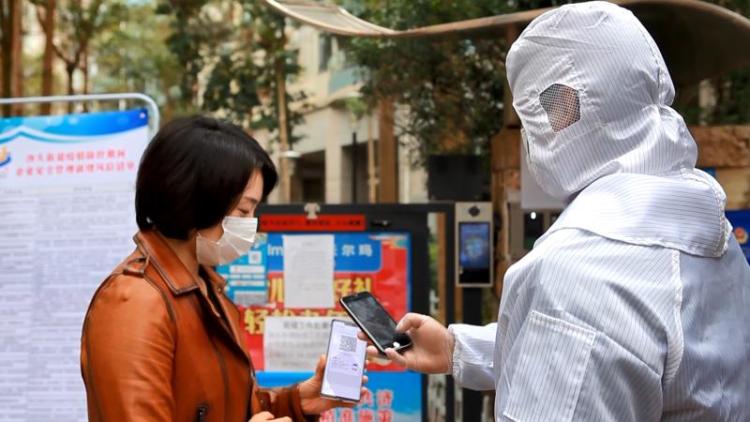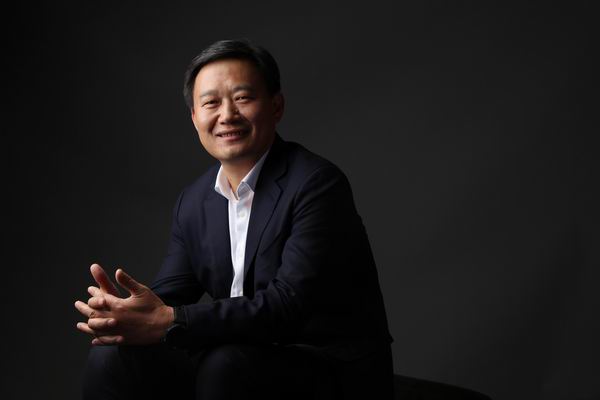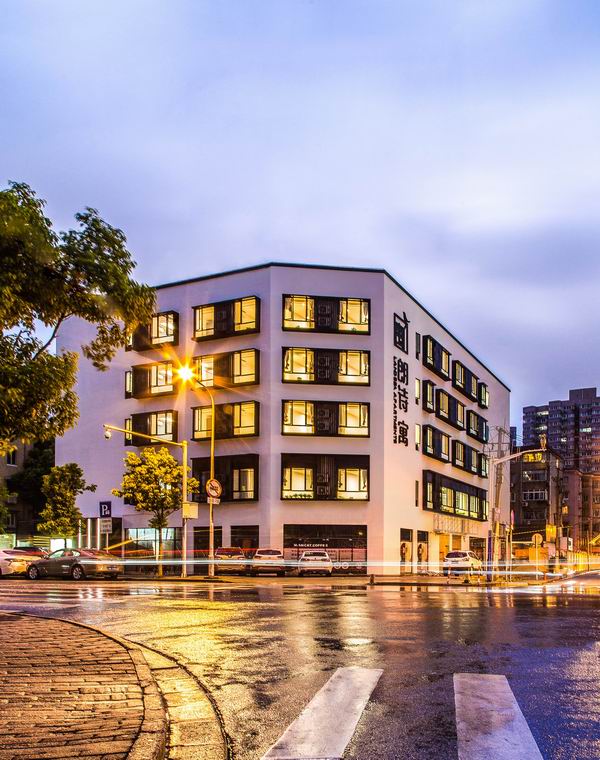[yesterday’s review]
On the last trading day of October, Hong Kong stocks rallied, the Hang Seng Index closed down 1.18%, and the Hang Seng Technology Index rose to 5% in intraday trading, closing up 1.05%.
Large-scale technology stocks showed a downward trend. Tencent and Meituan rose more than 2%, Xiaomi rose 1%, and Aauto Quicker, JD.COM and Baidu all closed down. Affected by Wu Yajun’s resignation as chairman of the board of directors of Longhu Group, the property management stocks in the interior led the decline throughout the day; Oil, coal, gas and other energy sectors have fallen.
[capital flow]
The net inflow of southbound funds was HK$ 6.32 billion yesterday, with the net purchase of Tencent Holdings ranking first and the net sales of China Offshore Oil ranking first.
In terms of short-selling data, the short-selling ratio of China Overseas Hongyang Group, Sihai International and Agile Group ranks in the top three; Meituan, Tencent Holdings and () ranked in the top three in terms of short-selling amount.
[Policy trends]
Hong Kong issues declaration on virtual assets policy
The Treasury Department of Hong Kong officially issued the Policy Declaration on the Development of Virtual Assets in Hong Kong.
The declaration shows that Hong Kong has an open and inclusive attitude towards innovators engaged in virtual assets business around the world. The SAR Government is working with financial regulators to create a convenient environment to promote the sustainable and responsible development of Hong Kong’s virtual assets industry, and will set the necessary restrictions in a timely manner to mitigate actual and potential risks in accordance with international standards, so that virtual assets innovation can flourish in Hong Kong in a sustainable way.
According to the declaration, in the process of stepping up preparations for the new licensing system for virtual asset service providers, the Securities and Futures Commission will conduct public consultation on the appropriate extent to which retail investors can buy and sell virtual assets under the new licensing system.
The Government welcomes the possibility of introducing virtual asset exchange traded funds (ETFs) in Hong Kong.
The Hong Kong SAR Government is also open to reviewing the property rights of token assets and the legality of smart contracts in the future to facilitate their development in Hong Kong.
[breaking news]
Longhu Group’s share price plummeted and the company urgently calmed the market.
On the evening of October 28th, Longhu Group announced personnel changes. Company Wu Yajun petitioned to resign as executive director, chairman of the board of directors and chairman of the nomination committee due to personal age and physical reasons; Chen Xuping, executive director and CEO of the company, was appointed as the chairman of the board of directors.
As soon as the news came out, Longhu Group’s share price plummeted. In this regard, Longhu Group urgently held an investor exchange meeting to appease market confidence.
Why is Wu Yajun handing over his shift now?
Wu Yajun said that in the past three years, she has been arranging candidates who can take over as the chairman. Why to people outside the family, is inspired by () Fang Hongbo and He Xiangjian, to professional managers after the enterprise development is booming.
And how to choose professional managers, Longhu has its own training system. As early as 2004, Longhu launched the "Official Students" project to attract outstanding graduates from domestic and foreign universities and reserve middle and senior management talents for future development. Chen Xuping, the new chairman of Longhu, grew up from the system of "being an official and a student". Wu Yajun said that as early as when Chen Xuping was the general manager of the project, he had an in-depth exchange with him and felt that he was a talented person in terms of investment, loyalty and business ideas. Especially in the last seven or eight years, I have had a lot of exchanges with him. Last year, Chen Xuping was in charge of the whole market in the group.
It is reported that around this year’s interim results, Wu Yajun was ready to hand over the baton to Chen Xuping, but at the beginning of August, Longhu was short-sold, and the sales did not return to normal, so the shift was postponed. Since the third quarter, Longhu’s sales have begun to return to normal, and all debts due during the year have been paid off. Next year’s maturity is also planned in advance. At this time, it is a good time to replace successors.
Another reason for Wu Yajun’s decision to resign is his health. In the past few years, Wu Yajun has been suffering from diabetes and hypothyroidism, and his physical condition has been greatly deteriorated.
After stepping down as chairman of the board of directors, Wu Yajun’s status in Longhu became a strategic development consultant. Wu Yajun said that he would pay attention to the development of the company from two aspects, including making suggestions on the business model of Longhu, and how to seek new profit growth points and how to avoid risks. It said that it will keep in touch with the management and is willing to accept the consultation of the management team.
Longhu Group is in good operating condition and will consider "de-real estate" in the future.
Chen Xuping said that Longhu’s recent business situation is relatively good. In the third quarter, sales turned positive year-on-year. From September to October, 10 plots of land were acquired, with a land acquisition amount of 10.8 billion. In the third quarter, when many central state-owned enterprises failed to sell, Longhu took land in several cities, showing its confidence in the market outlook. In the future, Longhu’s strategy can be classified as urban focus and waterway focus.
He revealed that as early as August and September last year, Longhu had observed that some cities were not right. Previously, third-and fourth-tier cities had stimulated a lot of demand by monetizing sheds, including some investment opportunities. Therefore, Longhu has sorted out 20 key cities, 14 opportunity cities and 34 cities that will not be invested in stages.
In addition, Chen Xuping, the successor, elaborated on the future development direction of Longhu to investors and mentioned de-real estate. It said that in the coming year, special attention will be paid to the arrangement of cash flow, and at the same time, under this premise, profits will be guaranteed to increase steadily.
In terms of waterway focus, in the next five years, Longhu’s commercial, rental housing, space service and smart construction will account for more than half of the profits, and its revenue will account for 30% of the whole group. By that time, Longhu should have completed the de-real estate. Twenty years later, operational income’s goal beyond real estate is 100 billion yuan.
Longhu repaid the loan in advance by HK$ 5.1 billion, and the controlling shareholder increased its holdings by 3 million shares.
Longhu Group announced at noon on October 31 that it had learned that the company’s share price fluctuated abnormally, and the board of directors confirmed that the Group’s business operation was stable and its financial situation was healthy and safe.
In addition, Longhu Group repaid some syndicated loans due in 2023 of HK$ 5.1 billion in advance on October 31st.
Charm Talent, the controlling shareholder of Longhu Group, increased its holding of 3 million shares on October 31st, with an average price of HK$ 9.53. After this increase, Charm Talent’s shareholding ratio is 43.41%.
Geely plans to split a separate IPO of Krypton brand.
Geely Automobile announced on October 31 that it proposed to spin off its brand of new energy vehicles for independent listing, and the relevant stock exchanges have confirmed that it can be spun off.
The listing place, sale scale and price range of Krypton have not yet been determined.
Xiaomi double 11 made a good start: the payment amount in 70 minutes broke 3 billion yuan and 500 product discounts.
Xiaomi Company announced that it took double 11 only 1 hour and 10 minutes, and the amount of omni-channel payment exceeded 3 billion yuan, which ushered in a good start for double 11.
It is understood that during Xiaomi’s stay in double 11, there were 1.1 billion rejuvenation subsidies, including full reduction, discounts, coupons, etc., and there were 500 products with special offers.
Tik Tok was sentenced to compensate Tencent for more than 32 million yuan.
On October 26th, Xi ‘an Intermediate People’s Court made a first-instance judgment on the case of Yunnan Worm Valley, and Tik Tok was awarded compensation of over 32 million yuan to Tencent.
It is reported that on August 30th, 2021, after the solo broadcast of "Yunnan Worm Valley" in Tencent video, there were a large number of clips uploaded by users on Tik Tok. Tencent filed a lawsuit, demanding that Tik Tok immediately take effective measures to delete, filter and intercept the relevant videos, and compensate the economic losses and reasonable expenses by 10 million yuan, and then the claim amount was raised to 90 million yuan.
Tik Tok argued that the relevant videos were uploaded by users themselves, and there were a large number of users on the platform, so it was impossible for Tik Tok to conduct substantive review of massive information; And according to the law, Tik Tok Platform only provides information network storage services, and has no obligation to censor content. The platform has reminded users that the uploaded content shall not infringe the intellectual property rights of others, and has fulfilled the obligation of notification and deletion, so it does not constitute infringement.
On October 26th, Xi ‘an Intermediate People’s Court made a first-instance judgment on the case of Yunnan Worm Valley. The court held that a large number of users on the vibrato platform had infringed the works involved. Although Tik Tok took measures to reduce the number of infringing works, the infringement was still not effectively curbed.
Tik Tok therefore belongs to aiding infringement, and should immediately take effective measures to delete, filter and intercept relevant videos, and compensate Tencent for its economic losses and reasonable expenses of more than 32.4 million yuan.
Some functions of Tencent conference began to charge.
On October 31st, "Some functions of Tencent Conference began to charge" was posted on Weibo Hot Search, which triggered a heated discussion.
In this regard, Tencent Conference Customer Service said that as early as September 15th, Tencent Conference launched a series of value-added functions such as unlimited automatic meeting minutes, 1080P high-definition image quality, cloud recording space expansion, headdress, real-time transcription and so on. The above functions are provided to users in the form of membership services, but these services are free because they belong to the "limited exemption test" stage, which has now ended.
In addition, the customer service of Tencent Conference emphasized that these paid membership services are value-added services, and the free core basic functions of Tencent Conference are not affected.
[financial data]
1. Sany International: The comprehensive income in the first nine months reached 11.6 billion yuan, up 53.8% year-on-year.
2. SJM Holdings: In the third quarter, the loss attributable to company owners reached HK$ 1.895 billion.
3. Yun Kang Group: In the first nine months, it recorded a revenue of 2,328.8 million yuan, a year-on-year increase of 90.9%.
4. Nanyue Holdings: In the first nine months, the comprehensive loss attributable to shareholders expanded to HK$ 30.772 million.
5. Zhejiang, Shanghai, Hangzhou and Ningbo: The net profit in the first three quarters was 2.941 billion yuan, down 25.99% year-on-year.
6. Guangnan (Group): The net profit in the first three quarters was HK$ 122 million, up 130.2% year-on-year.
7. Guangzhou Rural Commercial Bank: The net profit in the first three quarters was 3.068 billion yuan.
8. Tongda Group: The turnover in the first three quarters was HK$ 6.026 billion, a year-on-year decrease of 17.9%.
9. Jiahong Logistics: The gross profit in the first three quarters was about HK$ 403 million, up 16.0% year-on-year.
10. Liancheng Technology Group: The interim profit is about HK$ 6.5 million, with a slight increase of about 4% year-on-year.
11. China Gas: It is estimated that the net loss after tax in the first three quarters will be greatly reduced by about 71.7%.
12. Sibo System: It is estimated that the profit attributable to owners of the company will increase by about 120% in the medium term.
13. Kaifushan Group Holdings: It is estimated that the profit in the first three quarters will be about HK$ 52 million to HK$ 55 million.
14.EPRINT group: it is expected that the interim net profit will drop by about 70%-80%.
15. Mingliang Holdings: It is estimated that the loss in the first three quarters will be about HK$ 16 million.
16. Shenglong Jinxiu International: It is estimated that the net profit attributable to company owners in the first three quarters will decrease by about 41% year-on-year.
17. Hengtaiyu Group: It is estimated that the profit in the first nine months will be no less than HK$ 10 million.
18. Electronic trading group: It is estimated that the total loss attributable to company owners in the first three quarters is about HK$ 2 million.
19. Pacific Bar: The medium-term after-tax profit is expected to be about HK$ 1.5 million to HK$ 2.5 million.
20. Jinhui Technology: It is expected that the medium-term net profit will increase to about 35 million yuan.
21. China Electric Power: The combined total electricity sales in the first three quarters was 82.1906 million MWh, up 8.51% year-on-year.
[M&A for sale]
1. Yuexiu Property: The affiliated joint venture acquired the rights and interests of the plot in Shangcheng District of Hangzhou and actively distributed the East China region.
2. China Tangshang: It is planned to acquire all the shares of Zhirong Holdings for 315 million yuan.
3. Australian Supreme: It is planned to acquire the entire equity of Qiaobo International for HK$ 27.453 million.
4 () Real estate: The subsidiary won the plot of Chang ‘an District in Xi ‘an for 910 million yuan.
5. Huaneng International: It is planned to sell 100% shares of Zhaoming and 100% shares of Henlida International.
[investment operation]
1. Yuanda Medicine: The clinical trial of STC3141, a global innovative product, for the treatment of acute respiratory distress syndrome in China reached the clinical end.
2 (): Lacoxamide tablets were approved for production.
3. China Pioneer Medicine: The subsidiary signed four investment production line contracts with a total investment of 500 million yuan.
4. Color guest new energy: Shandong Color guest new materials completed the construction of iron phosphate product production line with a capacity of 50,000 tons/year.
5. Deqi Medicine -B: The phase I trial of ATG-017, a small molecule ERK1/2 inhibitor for the treatment of patients with advanced solid tumors, was approved by the US FDA.
6. Guangzhou Automobile Group: It spent 1.19 billion yuan to purchase negotiable certificates of deposit.
7. Hometown Interaction: It is planned to establish a joint venture to invest in consumer industries, corporate services, entertainment and other fields.
[Repurchase cancellation]
1. AIA: On October 31st, it bought back 2,998,600 shares at a cost of HK$ 178 million.
2. China Petrochemical Co., Ltd.: On October 31st, 63 million shares were repurchased at a cost of HK$ 198 million.
3. China Petrochemical Co., Ltd.: On October 31st, 19 million A shares were repurchased at a cost of 77.849 million yuan.
4 (): On October 31st, 8,350,500 shares were repurchased at a cost of HK$ 71,002,600.
5. Zhongsheng Holdings: On October 31st, it spent HK$ 23.35 million to buy back 784,000 shares.
6. Reading Group: On October 31st, it bought back 400,000 shares at a cost of HK$ 8,523,200.
7. Shisi Pharmaceutical Group: On October 31st, it bought back 1.66 million shares at a cost of HK$ 5.466 million.
8. Swire Co., Ltd. A: On October 31st, it bought back 729,000 shares at a cost of HK$ 37.887 million.
9. China Offshore Oil: On October 31st, it bought back 14.58 million shares at a cost of HK$ 138 million.
10. Kangjian International Medical: On October 31st, 17 million shares were repurchased at a cost of HK$ 5.96 million.
11. Fosun International: On October 31st, it spent HK$ 19.25 million to buy back 4 million shares.
12. POP MART: On October 31st, 700,000 shares were repurchased at a cost of HK$ 7,121,700.
13. Cheung Kong Group: On October 31st, it bought back 860,000 shares at a cost of HK$ 37.49 million.
14. Xiehe New Energy: On October 31st, 13.41 million shares were repurchased at a cost of HK$ 8.0799 million.
[others]
1. Kerry International: A total of 40.21 million share options were granted.
2. Guangzhou Automobile Group: The controlling shareholder has accumulated 9.02 million H shares.
3. Ruike Bio -B: It is planned to issue no more than 57.956 million domestic shares to no more than 35 domestic institutional investors.





